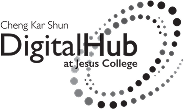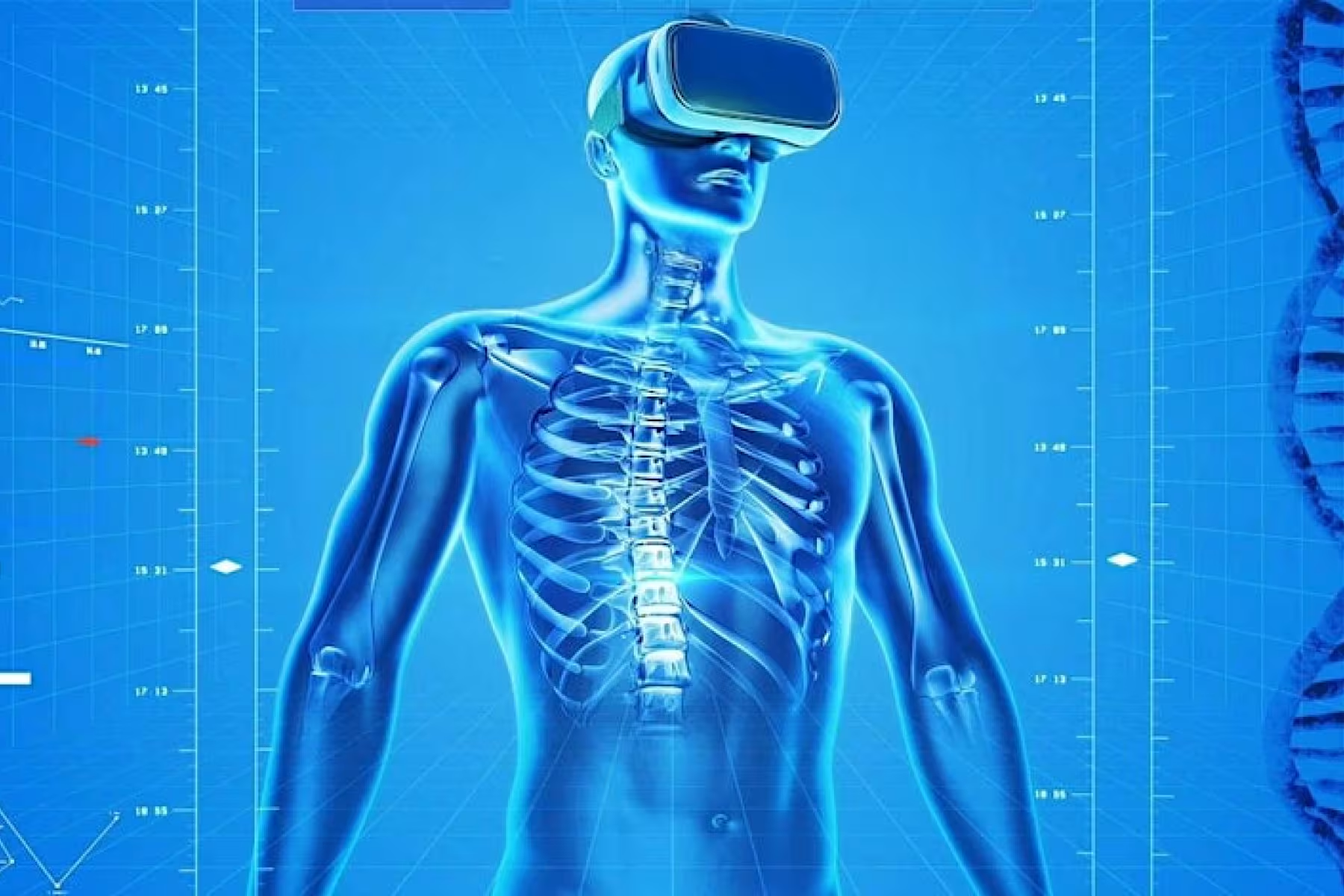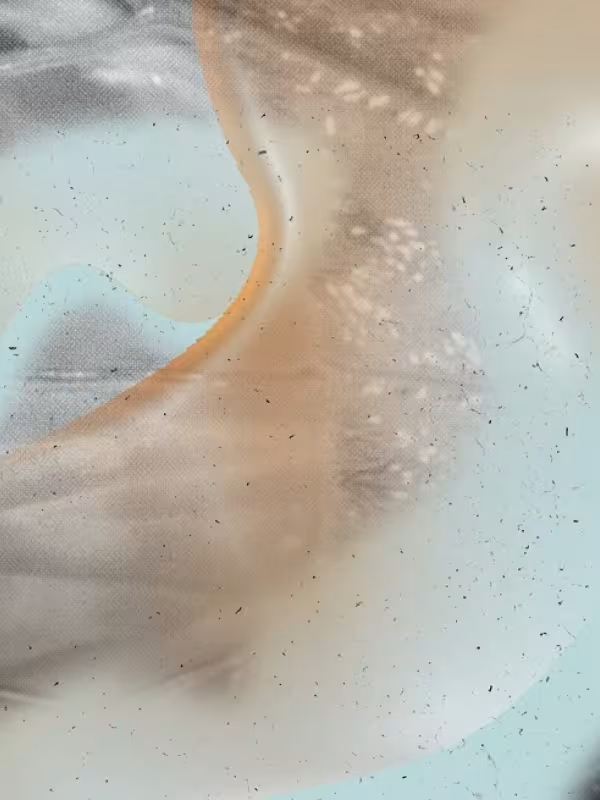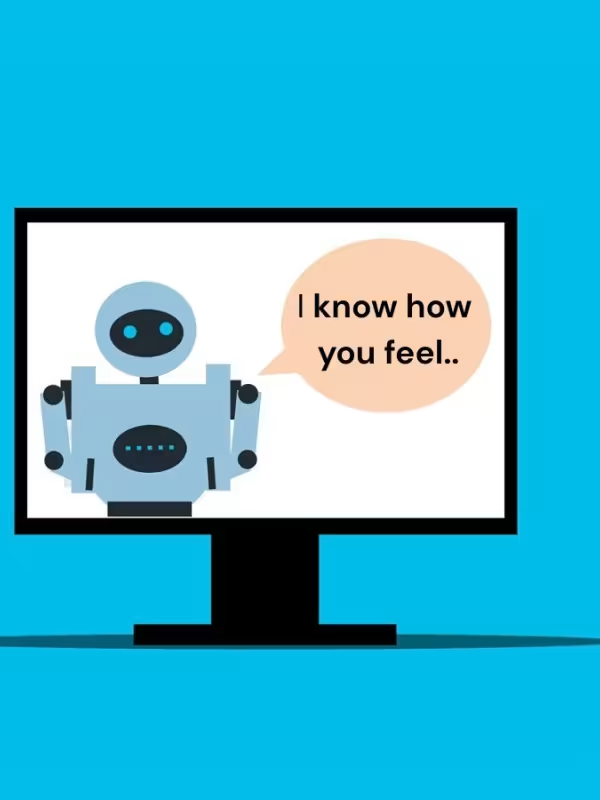Keynote Details:
The emergence of the human form during development: using VR to engage with diverse audiences
Professor Shankar Srinivas is Professor of Developmental Biology. He has been interested in the emergence of shapes in biology for as long as he can remember.
Shankar’s group studies how our body is shaped during development, using mouse and human embryos. They use various advanced technologies to record and visualise this highly dynamic and complex process. Shankar will talk about how his group's use of VR not only enables research insights, but also serves as an effective tool, for sharing with the wider public his group's exciting discoveries and promoting dialogue about the ethical implications of this research.
Using virtual reality to improve binocular vision at home
Dr Betina Ip is Royal Society Dorothy Hodgkin Research Fellow at the Wellcome Centre for Integrative Neuroimaging and Hugh Price Fellow at Jesus College.
Around 1 in 30 people globally suffer from amblyopia, the most common visual impairment after the need for glasses. But unlike refractive error, amblyopia cannot be fixed with glasses, because amblyopia affects the visual brain. Unfortunately, amblyopia can only be treated up to the age of eight. This means that people with amblyopia who are above the age of 8, or who failed their initial treatment, have no more options. They have to cope with lifelong loss of sharp vision in one eye, and loss of normal binocular vision. Betina’s research wants to change this status quo. Using virtual reality technology, her lab has developed a regime that aims to help people with amblyopia improve their vision in the comfort of their own home. Betina will talk about her lab’s experience integrating new technologies in their scientific research to create new knowledge with clear translational impact.
Atlantic Fellows Biographies:
(In no particular order)
Collins Santhanasamy, Health Equity in Southeast Asia (Equity initiative)
Founder, specialist, public health in disasters. Building community resilience through tailored disaster risk reduction programs focused on health, education and economic empowerment. MBBS, CU | Erasmus Mundus Joint Master Degree in Public Health in Disasters (2023) | Passionate about Community Empowerment and building Community Resilience Health in Disasters (2023) | Passionate about Community Experience in Fundraising and Program Management
Carlos Chechetti, Equity in Brain Health (GBHI)
Founder of the Reliving Memories social program that uses passion (football, music, cinema, literature etc.) as cognitive and social activities for older adults and people with dementia.
Shubha Nagesh, Health Equity US + Global (GWU)
Dr. Shubha Nagesh is a dedicated medical doctor, a global health consultant, and a passionate advocate for gender equality in global health. Currently serving as the Advocacy Advisor for Global Health at Women in Global Health, Dr. Nagesh focuses on advancing gender transformative practices and promoting leadership opportunities for women in healthcare.
Karen Meenan, Equity in Brain Health (GBHI)
Sonas Tutor, Engaging Dementia for persons living with dementia. Working with people living with dementia and their carers, developing theater and radio broadcasts. Working with people affected with Lewy body disorders and their caregivers to raise awareness of this disease and build community.
Stelios Zygouris, Equity in Brain Health (GBHI)
Assistant Professor, Department of Psychology, Democritus University of Thrace Developing computerized memory tests for the early detection of Alzheimers disease, including the first serious game that older adults can use on their own to screen for signs of subtle cognitive decline.
Hany Ibrahim, Equity in Brain Health (GBHI)
Consultant geriatrician and assistant professor, Ain Shams University Hospital. Working to use modern technology and software platforms for the early detection of dementia and cognitive training; co-founded the Ain Shams Cognitive Training Lab to ensure that all patients receive equitable therapeutic and diagnostic options, regardless of their racial, or financial backgrounds.
Bárbara Costa Beber, Equity in Brain Health (GBHI)
Professor of speech and language pathology, Universidade Federal de Ciências da Saúde de Porto Alegre. Raising awareness of dementia in 40,000 speech and language therapists in Brazil and studying methods for improving communication among people with neurological diseases.
Monalisa Padhee, Health Equity US + Global (GWU)
Dr Padhee is leading Program, Wellness and Education with Emp Bindi International Associationworks on conceptualizing and delivering health care interventions to disrupt "intergenerational cycles of poor health" in semi or illiterate rural girls and women by raising awareness and providing services on SRHR, diagnostic care and nutrition.
Hasan Armağan Uysal, Equity in Brain Health (GBHI)
Assistant professor, actor and director, School of Medicine, Izmir University of Economics. Merging art and medicine, conveying dementia care through theater and cinema, incorporating artificial intelligence (AI); using creative mediums to raise awareness and promote understanding; developing innovative dementia care with AI and technology. I have been performing on stage as an actor since 1999 and have been working as a neurologist since 2014. Additionally, I have directed four short films focused on brain health.
Muhammad Ahmad Saddiq, Health Equity US + Global (GWU)
Founder and CEO of Rural Health Mission Nigeria, is a Nurse and a community health professional with special focus on infection prevention and control. Driving health equity, Muhammad Saddiq leads telemedicine, maternal health and policy advocacy at RHEMN. An Atlantic Fellow, he bridges healthcare gaps through technology, training and policy reforms to improve access for underserved communities.







